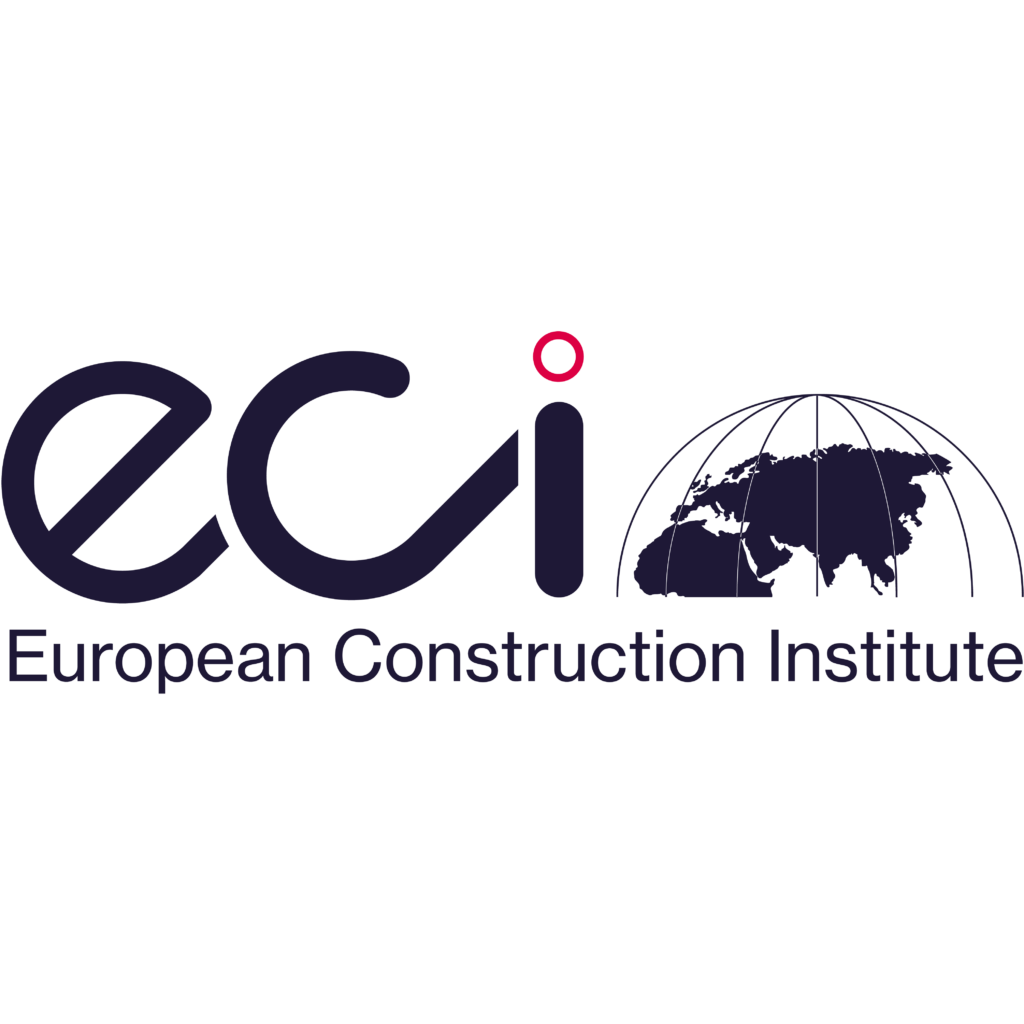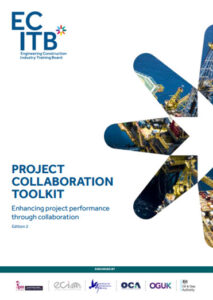On Wednesday 2nd August, ECI and Constructing Excellence hosted the 2nd of the Energy Transition series: Effective Project Team Management. The group were joined by Tony Maplesden, ECITB, to discuss this ACTIVE principle.
The Effective Project Team Management principle is one of the key principles that focuses on people and behaviours, whereas the majority of the other principles explore best practice delivery. In this way, it gives clear guidance and advice about how to engage a project team, ensuring aligned intentions and goals, and select an effective project team to ensure delivery can take place smoothly.
Key Features of the Effective Project Team Management Principle
- Recognises the importance of people and the contribution to project success.
- The importance of common, aligned objectives and understanding of aims.
- The value of integrated team working, with combined skills/competences.
- ‘No blame’ culture with willingness to learn from mistakes and improve.
- Effective selection processes for partner organisations and team members.
- Effective leadership, motivation and recognition of contributions.
- Contract arrangements (risk/benefit style) which support the aligned intent, where risk is equitably distributed between parties in return for a proportional share of the benefits.

ECITB’s Project Collaboration Toolkit
In 2015, ECITB held a conference focusing on the need for greater collaboration and how it could be achieved. Following this, in 2016 they produced the Project Collaboration Toolkit which reiterates and agrees with a number of features of the Effective Project Team Management principle.
Some of the similarities include:
- the entire Project Collaboration Toolkit is aimed at providing guidance on how to develop the right kind of project relationships and team behaviours.
- Need for common aligned objectives.
- Most of Phase 2 within the toolkit is devoted to how to achieve good integrated performance the team.
- The toolkit addresses a ‘no blame’ culture.
- Focuses on the processes that should be followed to select people, not just with the right technical competences but with the right kind of behavioural competences to perform well.
- Importance of effective leadership.
- Establishing the right contracting arrangements is critically important.
Why Has the Industry Struggled to Embrace Collaborative Working When There is So Much Evidence to Suggest it Will Lead Improvements Across Construction?
The biggest problem with embracing collaboration, within the industry, is culture. There is too much of a focus on cost, not enough focus on value delivered or delivering a project well.
To actually move towards more effective ways of working, requires cultural change.
Tony Maplesden
This cultural shift is key to energy transition- to successfully achieve Net Zero targets we must change the way we do things. If we continue to work in the same way we always have, progress cannot be attained.




Comments are closed.